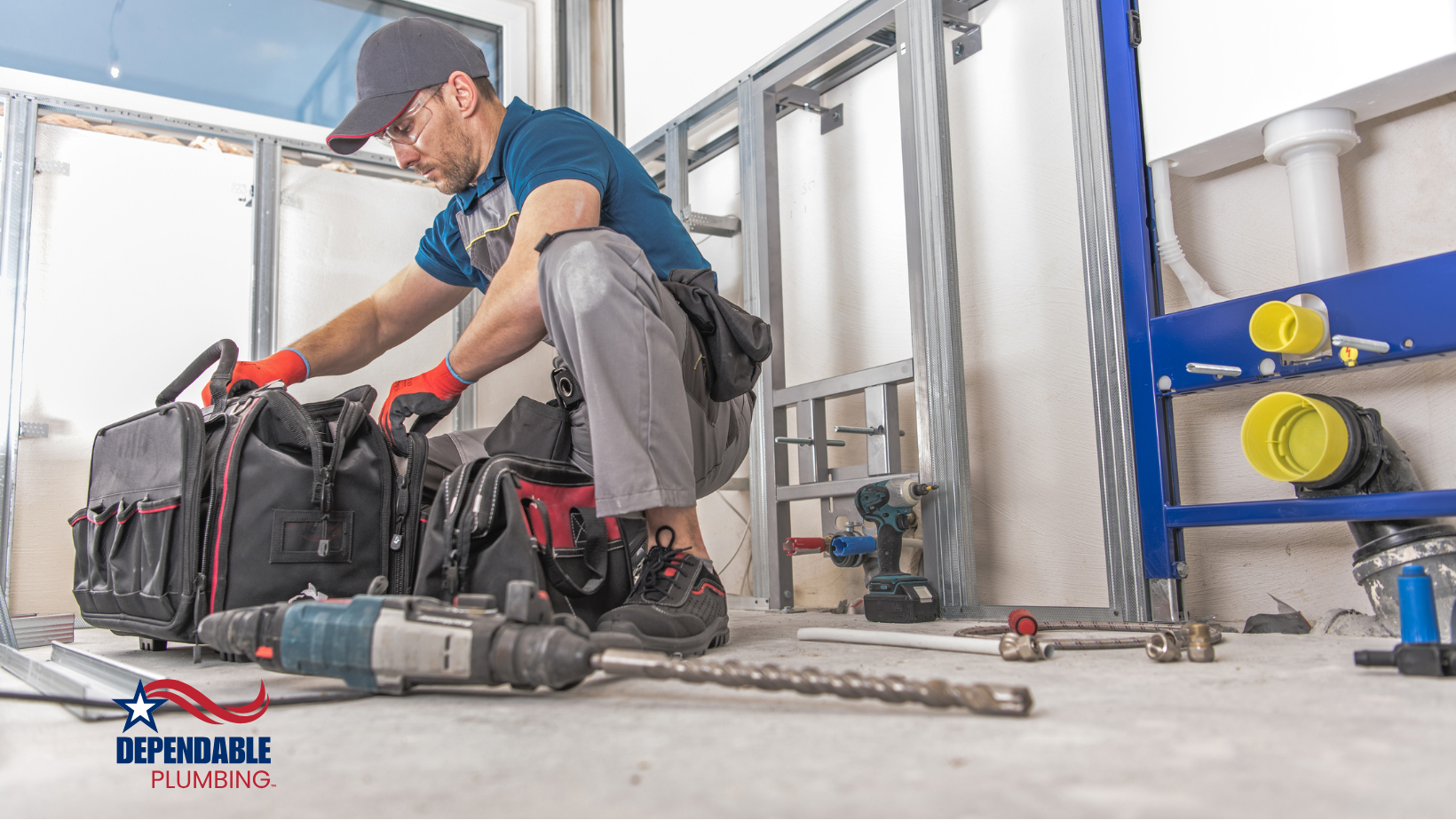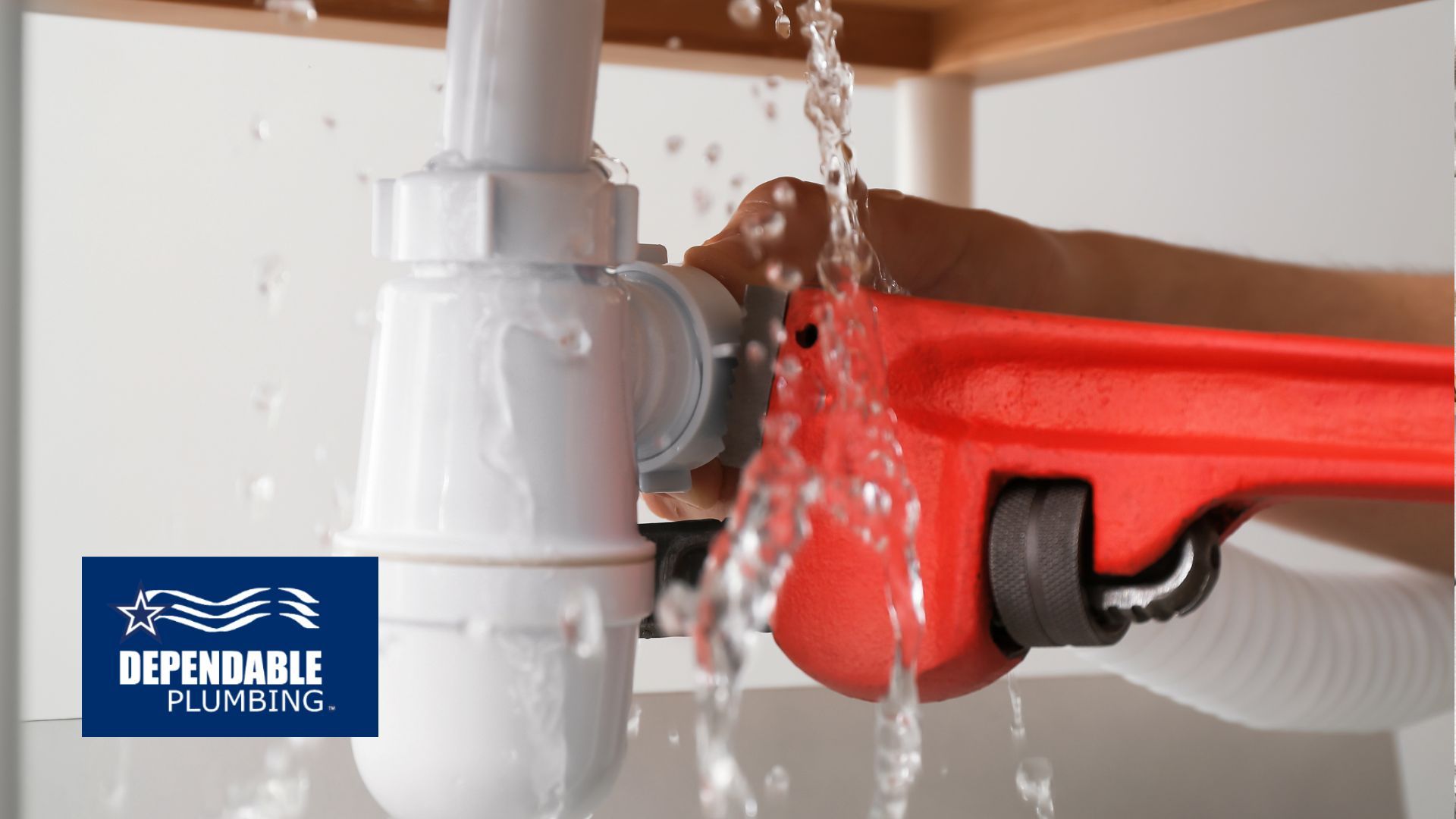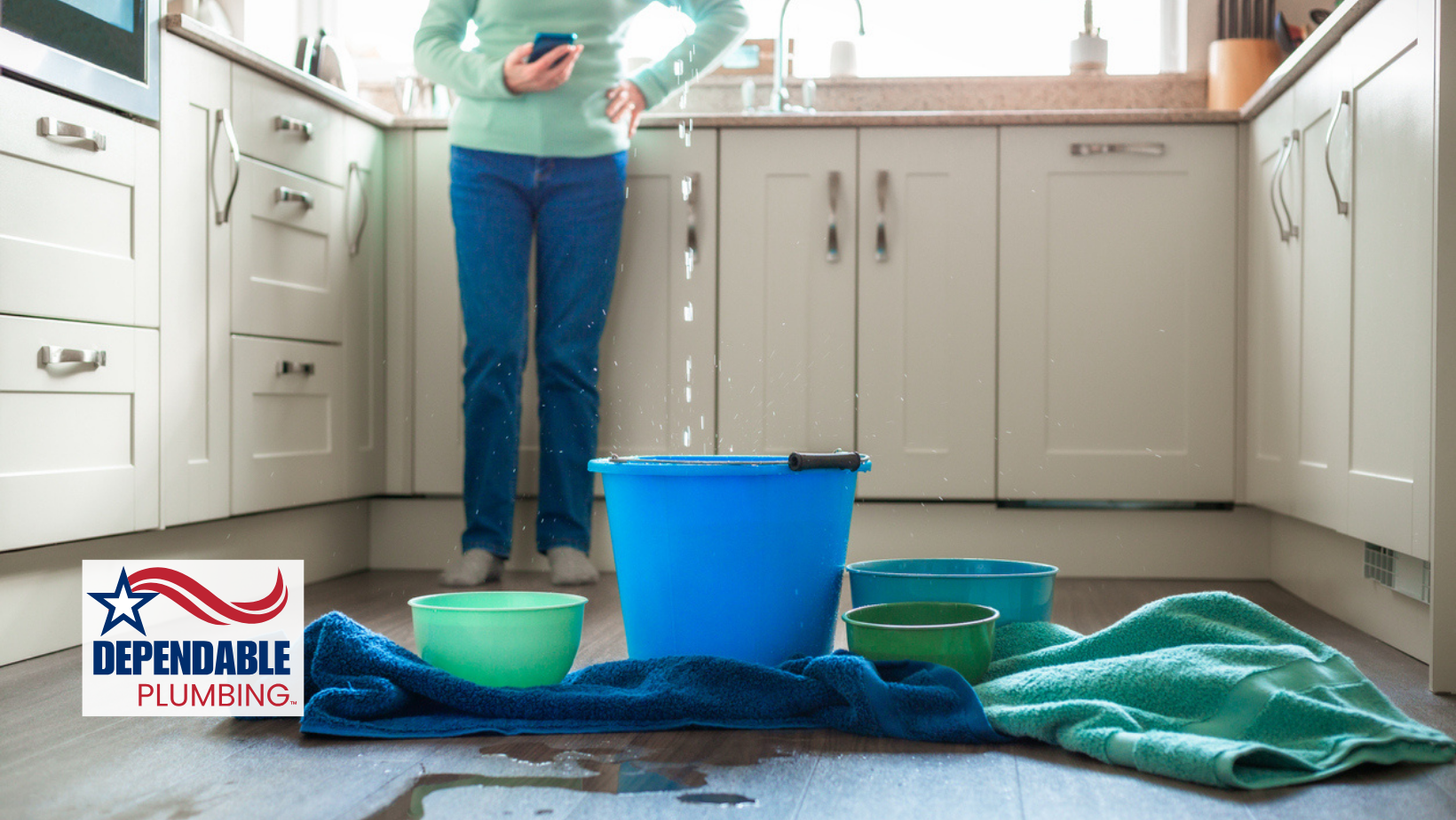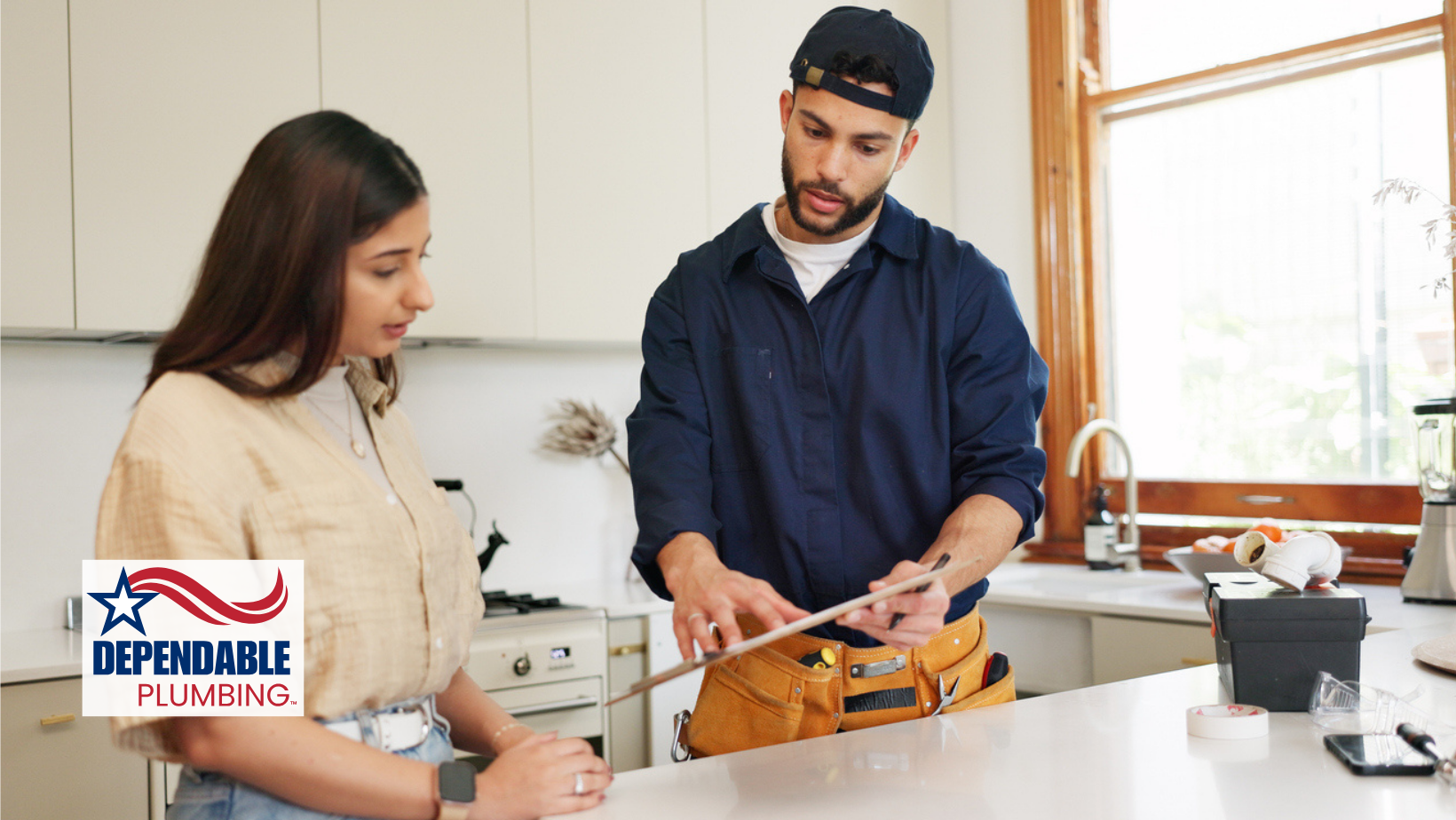DIY plumbing fixes can be a cost-effective way to address minor issues and maintain your home's plumbing system.
However, without the proper knowledge and precautions, DIY attempts can sometimes worsen the problem and lead to costly repairs. In this comprehensive guide, Ellijay's trusted plumbers share their expert advice on the dos and don'ts of DIY plumbing fixes, empowering homeowners to tackle common issues safely and effectively.
Understanding DIY Plumbing Fixes
DIY plumbing fixes encompass a wide range of tasks, from unclogging drains and fixing leaky faucets to replacing toilet components and installing fixtures. While some repairs are relatively straightforward and can be handled by homeowners with basic tools and skills, others may require professional intervention to avoid further damage.
Dos of DIY Plumbing Fixes
Before embarking on any DIY plumbing project, it's essential to follow these dos to ensure a successful outcome:
1. Educate Yourself - Learn Before You Leap
Take the time to research and understand the problem you're facing and the steps required to fix it. Reliable online resources, instructional videos, and DIY plumbing guides can provide valuable insights and guidance.
2. Use the Right Tools
Invest in quality plumbing tools and equipment, including wrenches, plungers, drain snakes, and pipe cutters. Using the right tools for the job will make the repair process smoother and safer.
3. Start with Simple Fixes
Begin with simple DIY fixes, such as unclogging drains, tightening loose fittings, or replacing worn washers and O-rings. These tasks are relatively easy to accomplish and can yield significant improvements in your plumbing system.
4. Shut Off the Water
Before starting any plumbing repair, always shut off the water supply to the affected fixture or area. This prevents accidental flooding and ensures your safety while working on the plumbing system.
5. Follow Instructions Carefully
Whether you're installing a new faucet or repairing a leaky pipe, carefully read and follow the manufacturer's instructions. Skipping steps or improvising can lead to mistakes and complications down the line.
Don'ts of DIY Plumbing Fixes
To avoid costly mistakes and potential hazards, it's crucial to steer clear of these common pitfalls when attempting DIY plumbing repairs:
1. Ignoring Safety Precautions
Never compromise on safety when working on plumbing repairs. Avoid working on electrical components near water, wear protective gear, and exercise caution when using power tools.
2. Overlooking Permits and Regulations
Certain plumbing projects, such as major renovations or installations, may require permits and adherence to building codes. Failure to comply with regulations can result in fines and complications down the line.
3. Using Improper Materials
Always use high-quality plumbing materials and fixtures for repairs and installations. Cheap or incompatible materials may fail prematurely and lead to leaks, corrosion, or other issues.
4. Underestimating the Complexity
While DIY plumbing fixes can save money, some tasks may be beyond the scope of a homeowner's expertise. If a repair seems too complex or risky, it's best to enlist the help of a professional plumber.
5. Forcing Repairs
Avoid using excessive force or aggressive tactics when attempting repairs. Forcing fittings or components can cause damage to pipes, fixtures, or seals, leading to leaks or other issues.
With the right knowledge, tools, and precautions, DIY plumbing fixes can be a practical and rewarding endeavor for homeowners. By following the dos and don'ts outlined by Ellijay's trusted plumbers, you can address minor plumbing issues with confidence and avoid common pitfalls that could result in costly repairs or further damage. Remember, when in doubt, it's always wise to seek professional assistance to ensure the safety and integrity of your plumbing system.
Have plumbing problems?
Dependable Plumbing is Your One-Stop Solution for Emergency Plumbing Services, Leak Detection, Repair, and Septic Tank Maintenance
Call (706) 698-5000 for service today!





